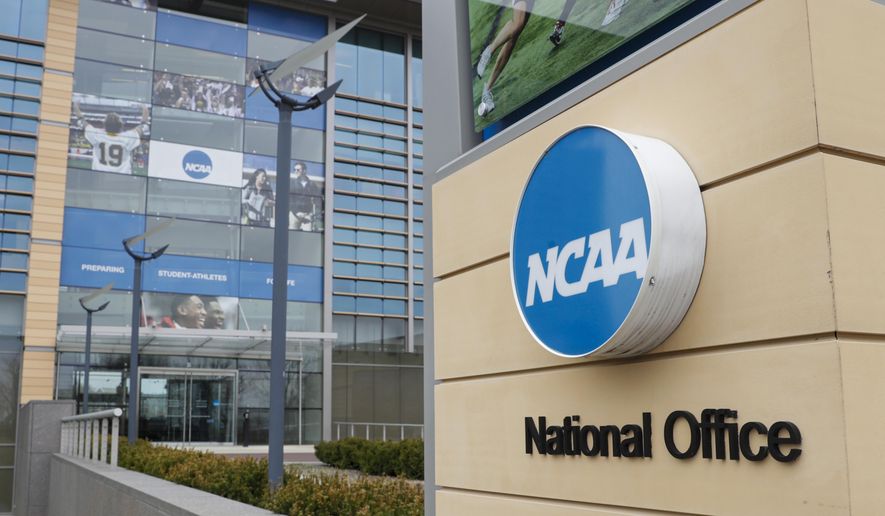American Physical and Mental Health in Shocking Decline Since COVID: Gallup Poll; NCAA Student-Athletes Survey Shows Mental Health Concerns Have Lessened Post-Pandemic, and other C-Virus related stories
American Physical and Mental Health in shocking decline since COVID: Gallup poll
COVID-19 and remote work have left significantly negative impacts on Americans’ health and wellness — particularly in how eating habits “eroded substantially” and weight gain exponentially increased, a new Gallup study found.
“Much of the recent increase in obesity may be associated with modified health behaviors resulting from the pandemic,” according to the report, citing the work-from-home era.
Current data from the Centers for Disease Control found that 22 states reported at least 35% of its adult population was obese in 2022.
By contrast, there were only 19 states with that count in 2021.
Gallup, which surveyed people in August and September, found that an estimated 38.4% of the US is struggling with obesity — up 6% from 2019 and on par with a record high 39.% measured last year.
Rates of diabetes also increased by 1.1% since 2019, reaching a new high of 13.6% overall.
The age groups of 45 to 64 in addition to 30 to 44 saw the highest obesity increases of 8.2% and 6.1%, respectively.
In tandem with the numbers on weight gain, the CDC also found that nearly 1 in 5 Americans are battling depression post-pandemic as well.
Proper nutrition also suffered, Gallup statistics showed. Adults who ate healthily also tanked 5% since 2019, from 51.7% to 46.7%. Again, the 30 to 44 age group saw the most staggering drop down 9.2% from 44.5% to 33.5%.
The consumption of produce took an even bigger dip with just 42% of respondents saying they ate a minimum of five servings of fruits or vegetables in the past four days. —>READ MORE HERE
 |
| AP Photo/Michael Conroy, File |
NCAA student-athletes survey shows mental health concerns have lessened post-pandemic
An NCAA survey of student-athletes suggests they are experiencing fewer mental health concerns than they did at the height of the COVID-19 pandemic, but some demographics have shown more improvement than others.
More than 23,000 student-athletes participated in the NCAA Student-Athlete Health and Wellness Study between September 2022 and June 2023. The data shows that mental health concerns have decreased in all three NCAA divisions.
In men’s sports, 17% of respondents said they constantly feel overwhelmed, down from 25%, and 16% reported feelings of mental exhaustion, down from 22%. The most significant decreases came among males in Division I.
The decreases were smaller among women. It found that 44% of women’s sports participants reported feeling overwhelmed (down from 47%), and 35% reported feeling mentally exhausted (down from 38%).
As studies in 2020 and 2021 showed, students of color, those identifying on the queer spectrum and those identifying as transgender or nonbinary once again self-reported mental health struggles at higher rates.
“As schools continue to improve their mental health care services while fostering an environment of well-being, student-athletes will continue to reap the benefits of wellness and mental health care seeking,” said Brian Hainline, the NCAA chief medical officer. “That being said, we need to understand better the gap in perceived mental health concerns between men and women student-athletes.” —>READ MORE HERE
Follow links below to relevant/related stories and resources:
Paxlovid, the powerful COVID-19 drug, no longer free in 2024
COVID variant JN.1 is now majority of COVID cases in US, CDC says. What are the symptoms?
USA TODAY: Coronavirus Updates
YAHOO NEWS: Coronavirus Live Updates
NEW YORK POST: Coronavirus The Latest







Comments are closed.